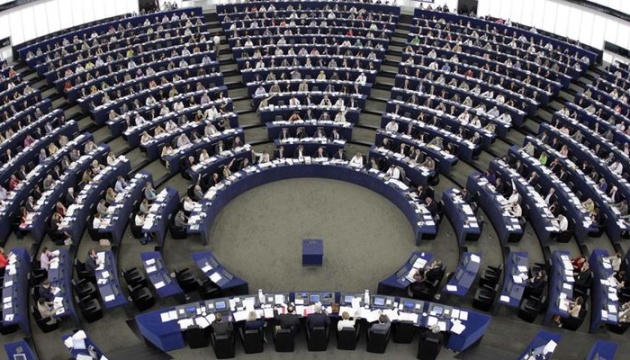European Leaders Push for Stronger Sanctions Against Russia Amid Rising Hybrid Threats
As tensions escalate due to Russia’s aggressive hybrid tactics, European leaders are stepping up and urging for a new sanctions regime. This proactive stance illustrates a growing concern over the array of strategies being employed by Russia—strategies that encompass everything from cyberattacks to disinformation campaigns affecting not just the European Union, but also its member states and international allies.
Understanding Hybrid Warfare
Hybrid warfare is a complex and increasingly relevant issue in today’s geopolitical landscape. It involves a mix of conventional military and irregular tactics, including cyber operations, propaganda, and economic pressure. For instance, have you ever heard of incidents where people’s trust in democratic processes falters because of online misinformation? This is a prime example of how hybrid tactics can impact real lives. In fact, research has shown that misinformation can sway public opinion and influence elections, reflecting a serious threat to democracy.
The European Council’s Rallying Cry
During a recent summit, the European Council released a strong statement emphasizing the urgent need for a cohesive and robust response to these hostile actions. The statement highlighted that the challenges posed by Russia go beyond traditional military threats, covering a spectrum of intimidation tactics, sabotage, and even manipulating migration flows to further sow discord across Europe.
It’s noteworthy that hybrid threats are not only external—they can influence public sentiment, destabilize economies, and disrupt social cohesion. A staggering statistic from a recent report shows that 70% of Europeans believe that disinformation is a significant threat to the EU itself, underscoring the critical need for decisive action against these tactics.
Commitment to Decisive Action
Given the urgency of the situation, EU leaders are reevaluating their strategic responses. The recommendation to develop and implement a new sanctions regime is a direct response to the evolving nature of these threats. It’s not just about imposing penalties; it’s about creating a robust framework that enables the EU to effectively deter and respond to hybrid warfare. For example, sanctions could target specific sectors or individuals linked to Russia’s aggressive strategies, making it clear that such behavior will not be tolerated.
Stronger Alliances Against Misinformation
In addition to potential sanctions, the EU is looking to deepen its cooperation with international partners to strengthen its defenses against hybrid attacks. A key focus will be on combating misinformation that threatens public trust in democratic processes. Have you considered how easy it is to fall for a misleading news story online? Closing the gap on misinformation means developing better tools and strategies to inform the public, and ongoing collaborations with tech companies and media organizations could play an essential role in this fight.
The Road Ahead
As Europe faces these complex challenges, the call for a united front against hybrid warfare is a testament to the EU’s resolve to protect its integrity and support its member states. The discussions taking place today are not merely administrative; they could signal a pivotal shift in the EU’s approach to security and international relations. The stakes have never been higher, and the implications of these decisions will undoubtedly resonate, shaping the future of Europe amidst ongoing threats.
In conclusion, the commitment to enhanced sanctions and strategic cooperation reflects a broader understanding of hybrid warfare’s impact on society. The road ahead may be fraught with challenges, but Europe’s determination to stand firm against aggression could ultimately pave the way for a more secure and united European landscape.





